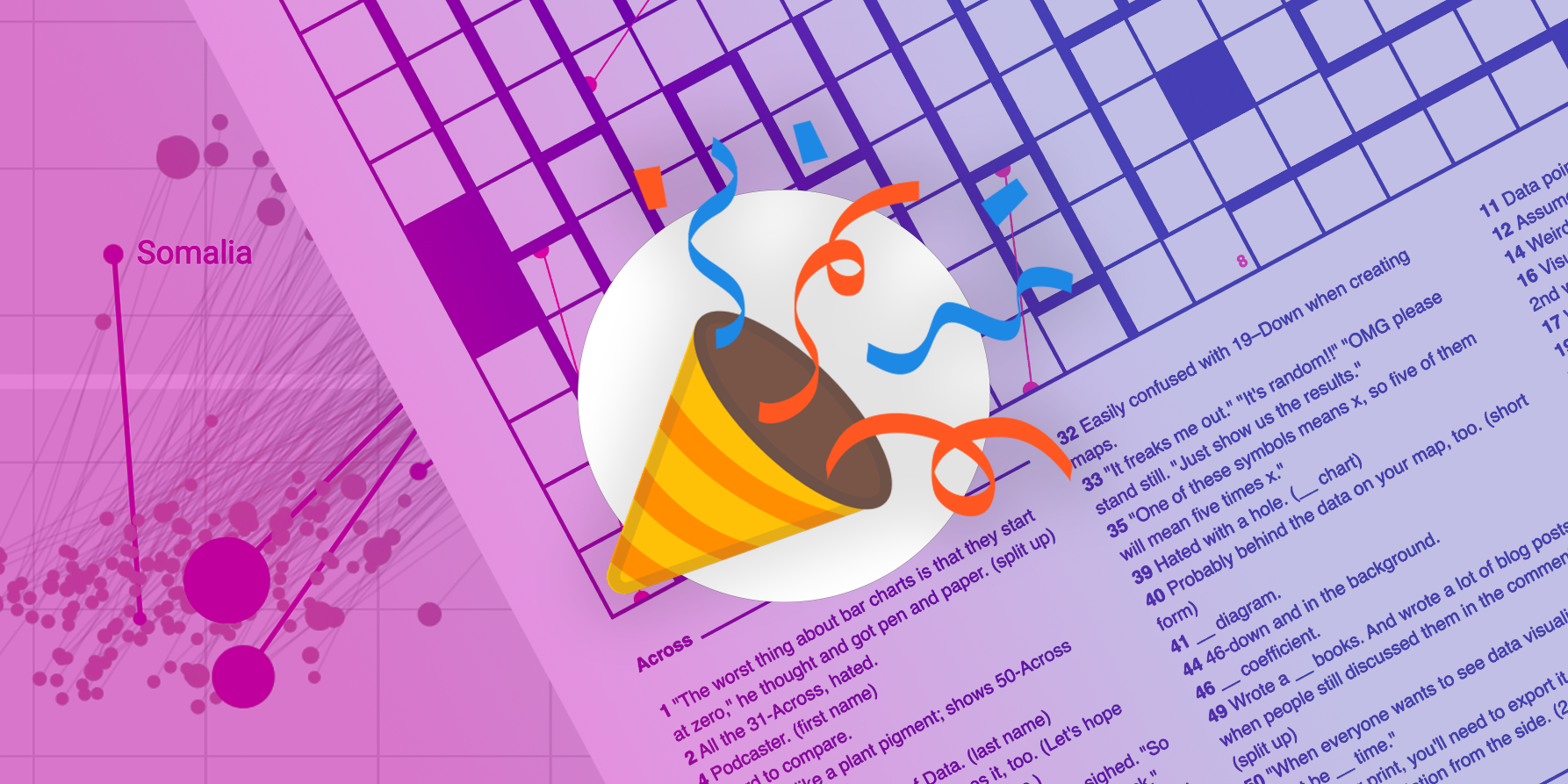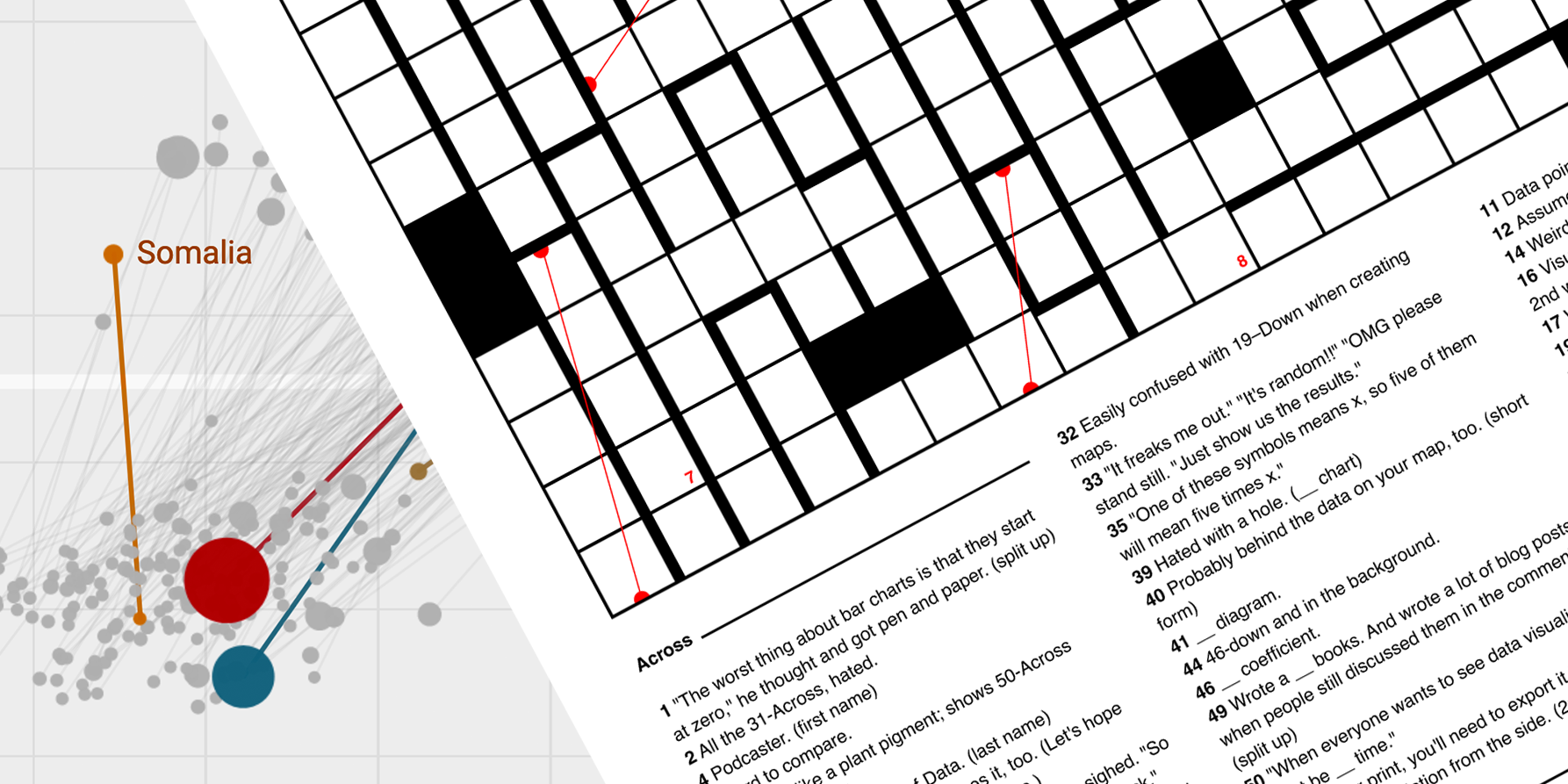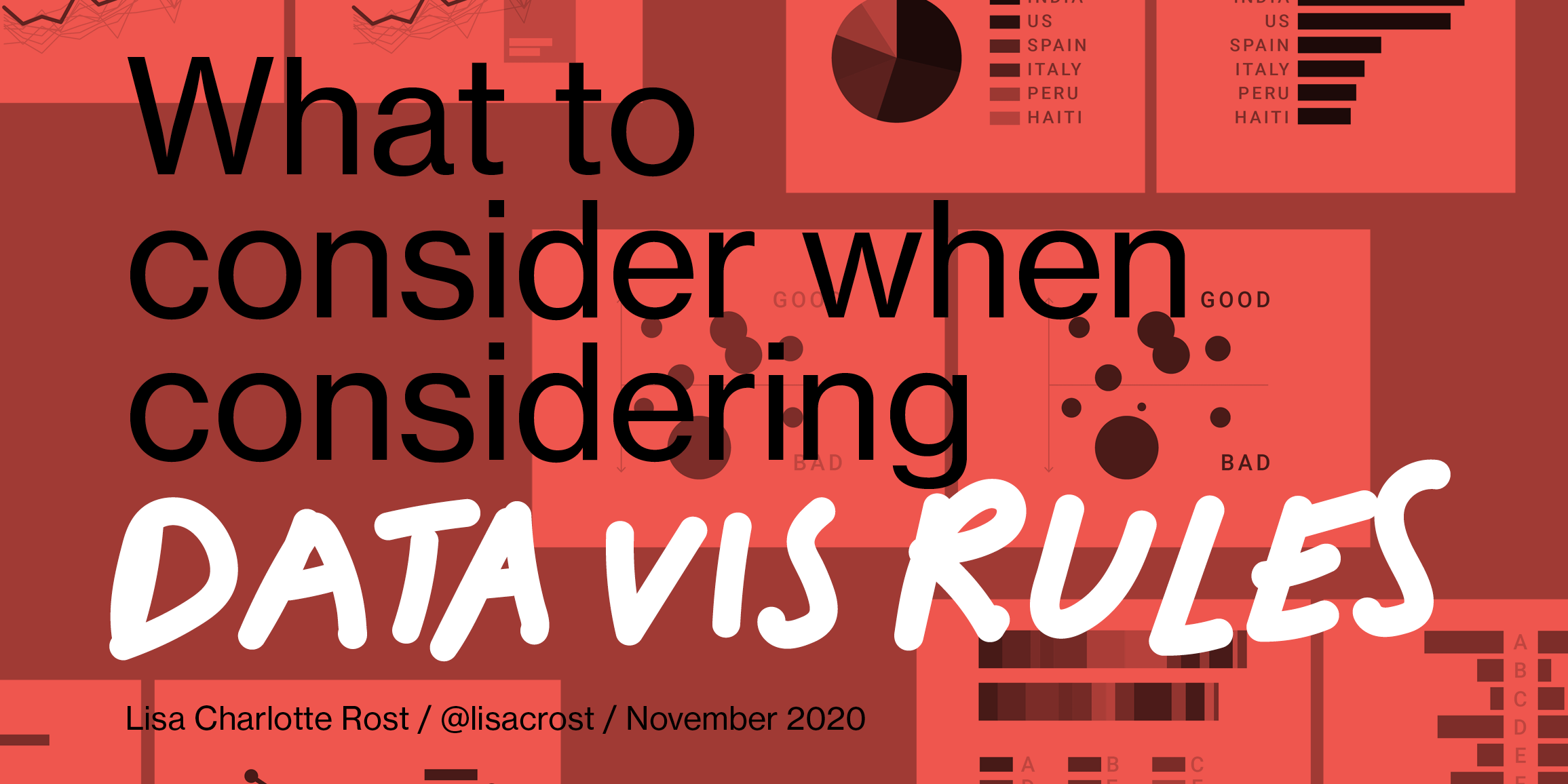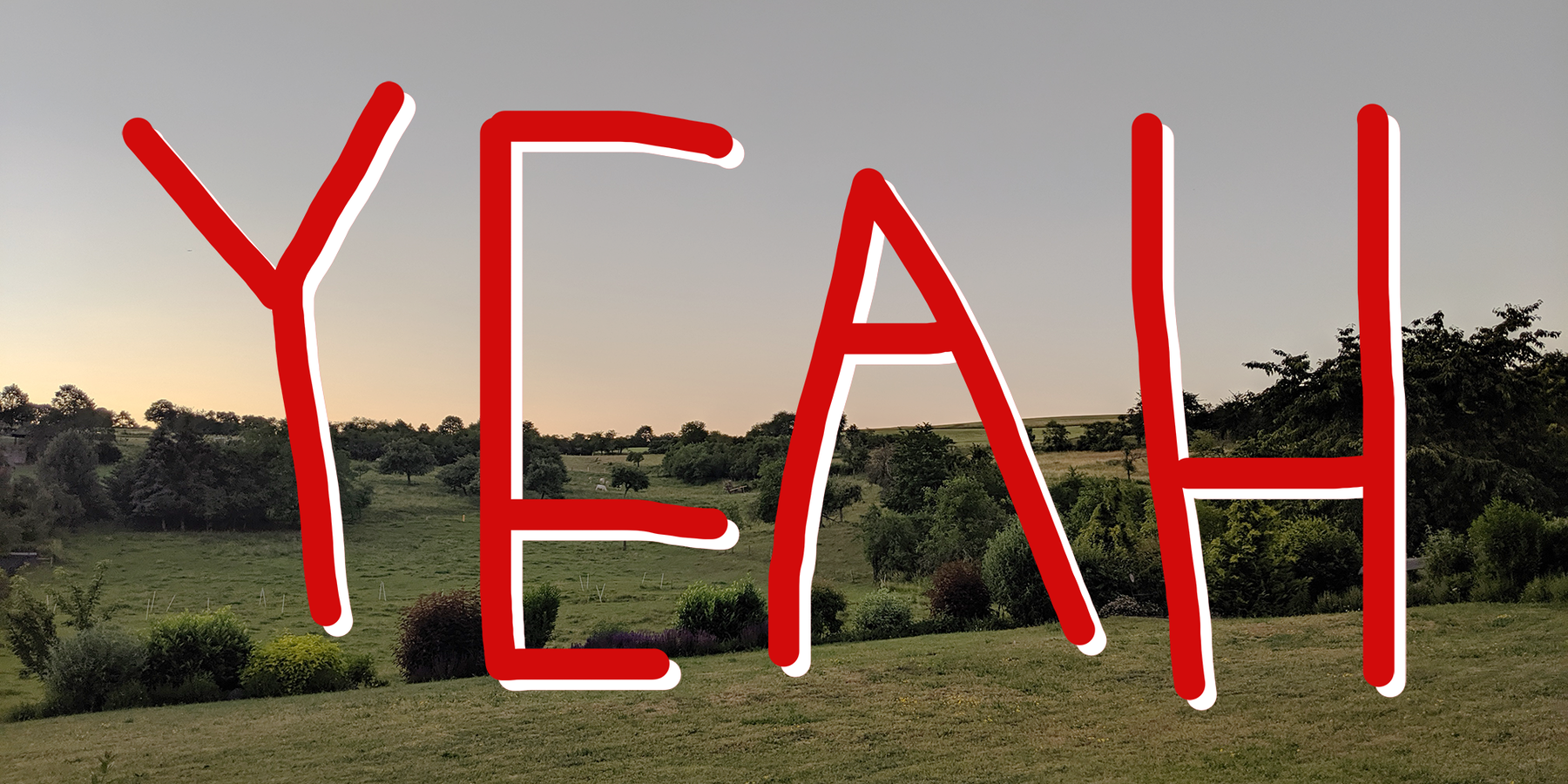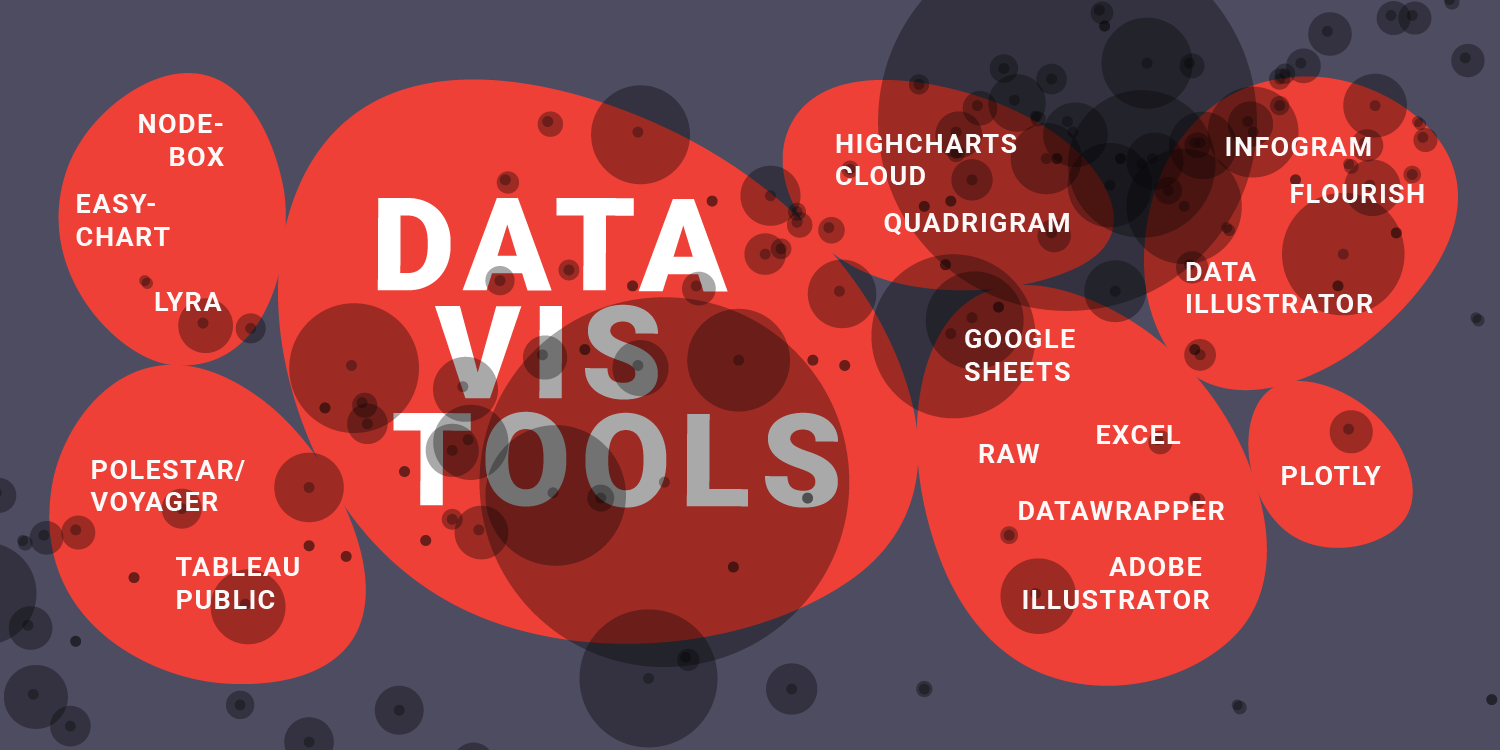
In the last few days I found some joy reading papers about decision theory and motivational theory; about choices, needs and desires. I read one by Manfred Max-Neef on Fundamental Human Needs, which I liked very much. He proposed nine categories of needs, which all have the same importance – as opposed to the needs pyramids of Maslow for example. </p>
And of course there is more; there is so much literature about which kinds of needs we have. Which is great, because when there is a lot, you can compare it – and can use the date to form a new model (if you find something interesting in the comparison).
So on this very basic designed spreadsheet at the top you can find my personal (and therefore subjective) categorization of all the needs that got mentioned in the literature I studied so far. Red needs mean that they are mentioned only by one source; green means that it got mentioned three times or more. The following observations surprised me:
- The difference between desires and needs is ...less distinctive that I thought. So what are the difference? One could argue that desires are things that we want and needs are things that need. Seems like a huge difference, doesn't it? However, you can't find this difference in the spreadsheet. There is only one desire that is not mentioned as a need, and that's "physical exercise" – something I would definitely consider as a need, not a desire. Meaning, I'm certainly surprised that nobody mentioned exercise/"moving" as a need. It's not even listed as a physical need.
- The most important need/desire seems to be simple social contact and "belonging". It got mentioned more often than food, more often than sex, power or creativity. In fact, it was the only thing that got mentioned in every listing.
- What really got me thinking, is that the social contacts seem very necessary to reassure oneself about all the other points (except maybe "feeling healthy"). I think we're hugely depended on the comparison with our peers. Take "doing the right thing" or "feeling useful": How do we know if we're good or if we're useful? We're comparing what our peers did and what we did. (Maybe.)
- The most needs that got only mentioned once were stated by Murray (last column). He's the only one who had the idea of "negative" needs: Things you try to avoid instead of achieve, e.g. pain or blame. In general he's quite negative: He thinks that "accepting punishment" or "injuring others" is a need (that is something I would definitely consider a desire instead of a need: You don't need to injure others to survive on this planet. We're not there yet; luckily.

